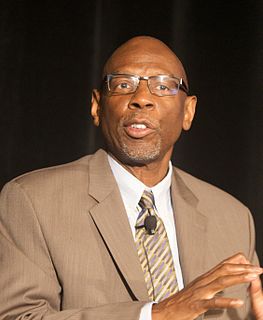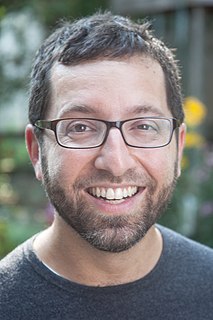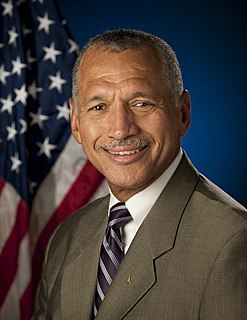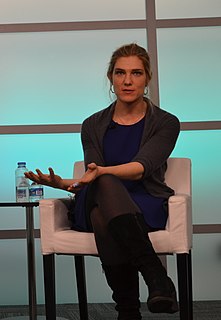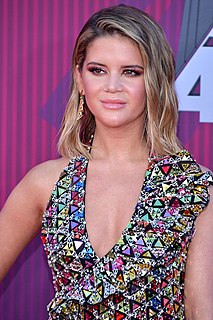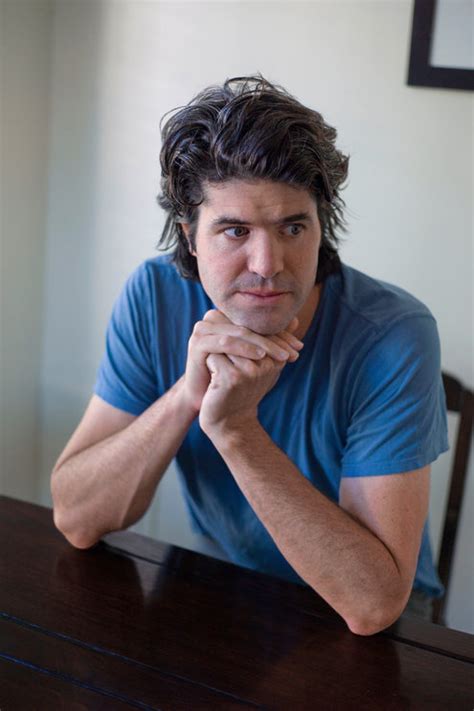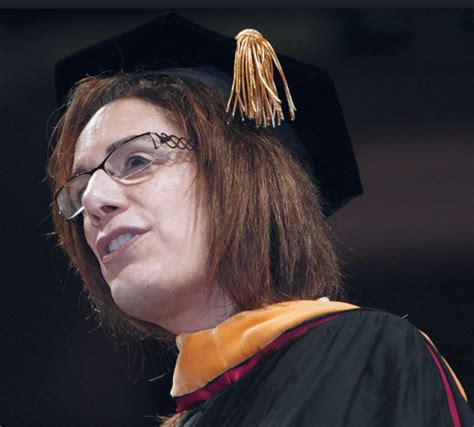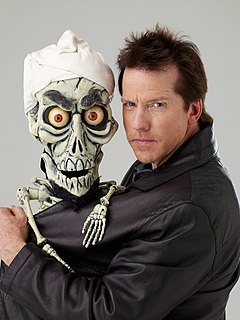A Quote by Wynton Marsalis
There is an idea that a mind is wasted on the arts unless it makes you good in math or science. There is some evidence that the arts might help you in math and science.
Related Quotes
When I became the NASA administrator — or before I became the NASA administrator — Barack Obama charged me with three things. One was he wanted me to help re-inspire children to want to get into science and math, he wanted me to expand our international relationships, and third, and perhaps foremost, he wanted me to find a way to reach out to the Muslim world and engage much more with dominantly Muslim nations to help them feel good about their historic contribution to science … and math and engineering.
I had decent but not great grades in high school because I was highly motivated in some subjects, like the arts, drama, English, and history, but in math and science I was a screw-up. Wooster saw something in me, and I really flourished there. I got into theatre, took photography and painting classes.
When I got to college, I planned to be a math major, and, in addition to signing up for some math courses, I decided to take some philosophy. Quite by chance, I took a philosophy of science course in which the entire semester was devoted to reading Locke's Essay. I was hooked. For the next few semesters, I took nothing but philosophy and math courses, and it wasn't long before I realised that it was the philosophy that really moved me.





